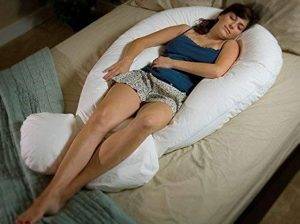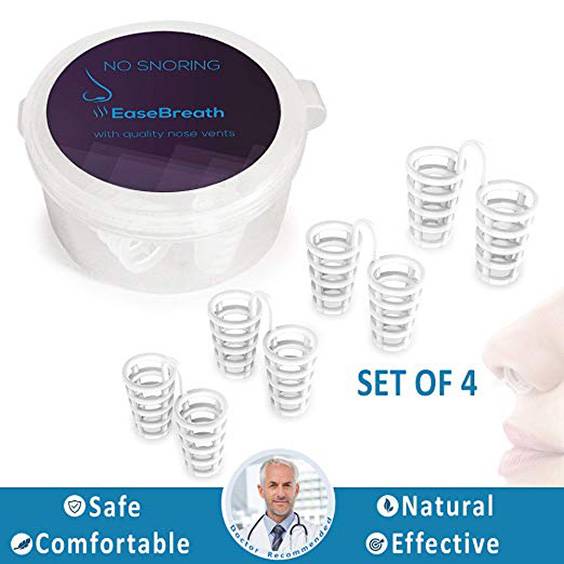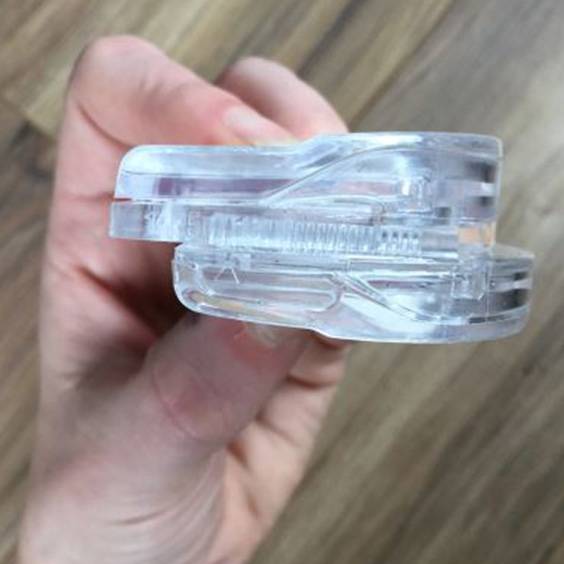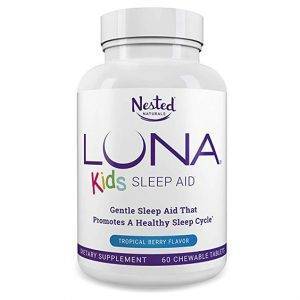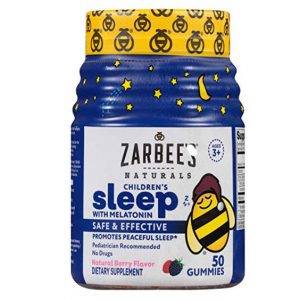The Best Sleep Aids Overall
| Best For | Products 1 | Products 2 | Products 3 |
| Pregnancy | 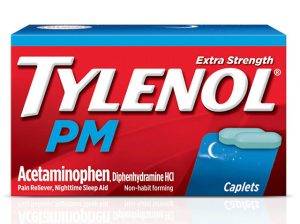
| 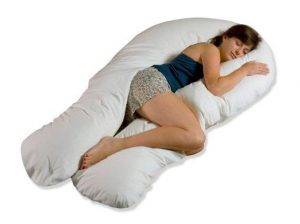
Moonlight Slumber U Pillow
| |
| Snoring | 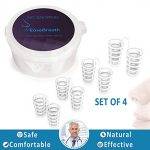
Snore Stopper Nose Vents
| 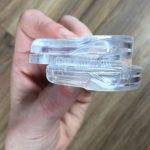 Anti Snoring Mouthpiece BUY NOW Anti Snoring Mouthpiece BUY NOW
| |
| Natural Sleep Aids | 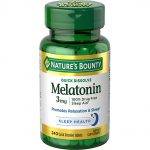 Nature’s Bounty Melatonin Nature’s Bounty Melatonin
| 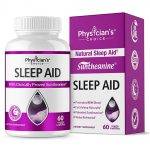 Sleep Aid with Valerian Root Sleep Aid with Valerian Root
| 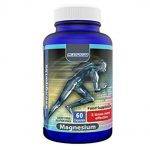 High Absorption Magnesium High Absorption Magnesium
|
| Children | 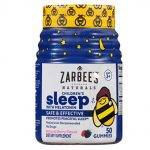 Zarbees Naturals Melatonin Zarbees Naturals MelatoninBUY NOW | 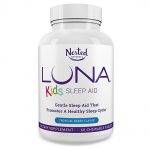 LUNA Kids LUNA KidsBUY NOW | |
| Aromatherapy Sleep Aids | 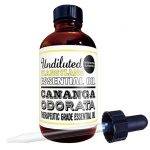 Invivo Essential Oils Invivo Essential OilsBUY NOW | 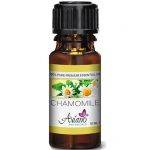
Roman Chamomile Oil
| 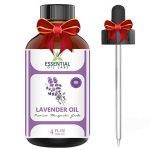 Lavender Essential Oil Lavender Essential OilBUY NOW |
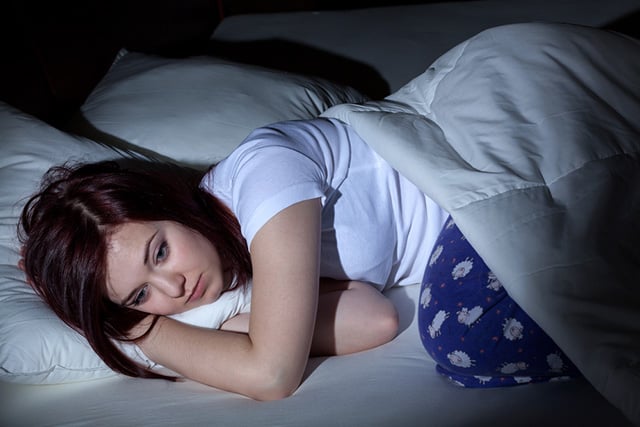
When a person’s sleep is disrupted for one reason or another, this can have severe consequences in the long run. Of course, changes in sleeping patterns that are only happening on a short-term period (like those caused by jet lags or a stressful event that is eventually overcome) aren’t that alarming. However, a lot of people lose sleep over a variety of reasons, and when this becomes a habit, it can lead to lack of focus at school/the workplace, decrease in relationship quality or health problems. So, in this article, we’re going to talk about the best sleep aid products on the market for adults; natural, herbal supplements, and medicine, and how to go over the pros and cons to each.
Taking Sleeping Pills
There is a lot of debate on whether there is a right time to start taking sleeping pills or not and if their effectiveness is really worth exposing yourself to the risks implied. Sleeping pills are often the easiest go-to solution when people are deprived of their rest. However, if people are having a hard time sleeping on a regular basis, this is a red flag that won’t and should not be solved by turning to long-term medication.
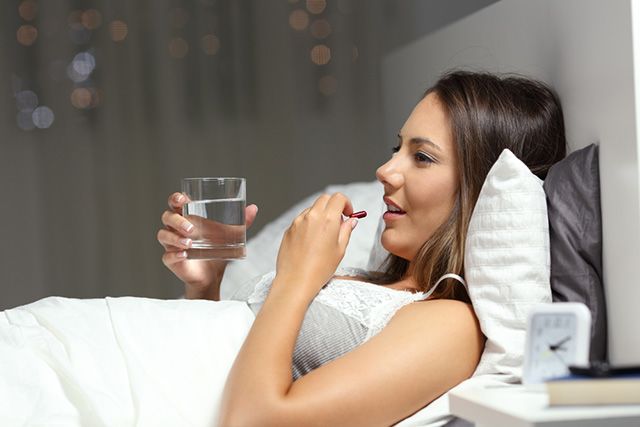
First off, sleeping pills should never be taken without a prior medical consult. Sometimes, a doctor can suggest more natural alternatives to taking these pills. What you may need is a sleeping device, or maybe it’s a problem you can solve with some short-term natural sleeping aids. Whatever the case, never rush to the pharmacy to buy powerful sleeping pills that might do more harm than good.
Using Sleep Aids the Right Way
There are a right and a wrong way to use sleep aids, especially if “sleep aids” actually means “sleeping medication”. The most important thing to keep in mind is to always consult a doctor before rushing down to the nearest drug store. A doctor can assess your current situation and determine if sleeping pills may or may not pose a risk factor for your health.
Some of the healthier alternatives to sleeping pills include behavioral therapy, sleep devices, exercising, changes in eating habits and natural sleep aids. Some doctors may prescribe over the counter sleep aids, but these are just a patch, a short-term solution if you will. In fact, it is often best to take sleeping pills only after ruling out other potential solutions that won’t take a toll on your health.

Another important thing to remember is that an abrupt interruption is sleeping pills administration can also bring a number of side effects to the table. You may recognize a similar pattern in people with a drug addiction that stops taking their drugs all of a sudden. Rebound insomnia can last a number of days and it’s basically translated into more severe insomnia than you’ve experienced before. It is best to slowly reduce the sleeping pills intake slowly, taking smaller and smaller doses until the medicine is completely eliminated.

A common mistake that people make is taking antidepressant instead of sleeping pills. Insomnia and depression are two completely different diagnostics, which means that medication for one is not to be used for the other. There are cases when severe insomnia can lead to depression, in which case a doctor can prescribe some antidepressants. However, if someone has a history of depression, taking sleeping pills will only make it worse. The combination can cause nausea and headaches.
As always, it’s important to know which are the most suitable sleeping aids for your current age or medical condition, if you have any. For instance, there are sleeping aid ingredients that interact with the active substances in other types of medication. A bad combination can lead to severe side effects, ranging from nausea, dizziness, headaches, vomiting, temporary hallucinations, stomach pain, and even heart problems.
Top 5 Best Sleep Aids
#1. Best Sleep Aid for Pregnancy
SPECS
- Product examples:
Pregnancy can be quite problematic when it comes to getting a good night’s rest. From poor bladder control to the baby’s frequent movements, there are several factors that cause interruptions in women’s sleeping pattern. Hormones aren’t helping either, as the high levels of progesterone are prone to keeping future mother’s awake. Naturally, women will become tempted to switch to a medication in order to get a full eight hours of interrupted sleep.
The National Institutes of Health indicated that it’s best for pregnant women to avoid taking medicine that induces sleep since none of the options currently available on the market are A rated, which would make them the safest for pregnancy use. Sleep medication that contains diphenhydramine is currently believed to be the safest option, falling under the B category. However, these are only indicated for short-term use in pregnant women. If these are relatively accepted when pregnant, they should be avoided altogether when breastfeeding, as they will pass into the mother’s milk and the baby’s system.
A common misconception is thinking that all-natural sleep aids are good for pregnancy. Melatonin supplements, for example, are to avoided as well, because they interfere with the baby’s natural melatonin production. There are some alternatives to getting a better night’s rest than taking any form of sleep aid. It’s recommended to drink less liquid before bedtime, to avoid the need to use the bathroom during the night. Exercise can also help pregnant women wind down before bedtime.
Alternatively, you can turn to sleep pillows that are specially designed for the best body support for pregnant women.
| Pros | Cons |
|
|
#2.Best Sleep Aid for Snoring
Specs
● Product examples:
Studies have shown that 45% of adults snore, at least occasionally. Sadly, not a lot of people understand that snoring can sometimes be the root of much deeper health problems. Consuming alcohol, constant sleep deprivation, respiratory problems, blocked nasal passages; these and many others are factors that lead to snoring and should not be taken lightly. What’s even more alarming is that obstructive sleep apnea is the cause of snoring amongst 75% of the people who snore. When breathing is disrupted while sleeping, it can lead to heart diseases.
Not only does snoring indicate signs of worse affections, but it can also cause both you and your partner to lose sleep. There are cases when one’s snoring is so loud, it can even wake up the actual person who’s snoring. The best sleep aid for people who snore are devices such as thin strips, vestibular shields, nasal strips or tongue retaining devices. Even if they may cause discomfort (there is usually a break-in period when the user has to adjust to sleeping with a foreign object in his mouth), these sleep aids are natural and can be quite effective.
Chin strips, for instance, are tape strips that are fastened under the chin. They are cost effective and easy to use and they keep your mouth closed while sleeping, thus preventing snoring. Vestibular shields are devices that fit into one’s mouth and force the sleeper to breathe through the nose, while airflow is obstructed through the mouth. There are also devices that prevent the tongue from falling back into the mouth, obstructing airflow. This is a common occurrence, especially since the muscles of your tongue are more relaxed when you snooze, leading to snoring.
| Pros | Cons |
|
|
#3. Best Natural Sleep Aids
SPECS
- Product examples:
| Nature’s Bounty Melatonin |
Sleep Aid with Valerian Root |
High Absorption Magnesium |
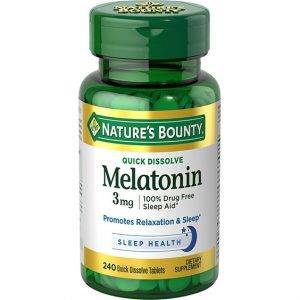 BUY NOW BUY NOW | 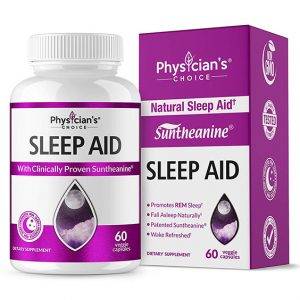 BUY NOW BUY NOW | 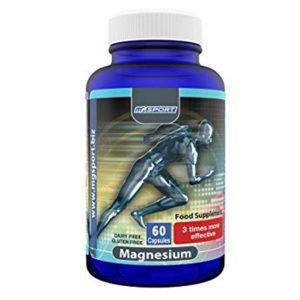 BUY NOW BUY NOW |
Going natural is always the best choice when confronted with the decision of what sleep aids to resort to. While there are numerous natural sleep aids, three of them are the most commonly known and used amongst people who have difficulties falling asleep.
The most common one is melatonin. In fact, melatonin is a hormone that’s naturally produced by our bodies and responsible for telling us it’s time to go to bed. When the melatonin levels inside our body are low, the brain has a harder time getting ready for bed. Naturally speaking, our bodies produce more melatonin during the evening, while in the morning, our melatonin levels drop significantly. This hormone’s cycle is influenced by natural daylight, but its production can be disrupted, hence the trouble in falling asleep. Melatonin supplements are what help solve this problem, but they are only safe to use for a short period of time. Typically, people take about three to ten grams of melatonin before going to bed, to induce that restful feeling that sends the proper signals to our brain.
Another common natural sleep aid is valerian root. It has been to treat anxiety and induce sleep for quite some time. Even so, a lot of valerian-related studies have failed to deliver conclusive information on how this herb actually induces sleep. However, people are using valerian roots as a natural sleep aid, especially since it doesn’t do any harm on the short-term. A more specific explanation revolves around the fact that valerian root is believed to increase gamma-aminobutyric acid levels inside the body, which in turn leads to a calming effect.
Magnesium is a mineral that helps the human body with a lot of its processes. Thankfully, we can get our magnesium intake from a lot of foods, but people who don’t consume these foods will often need magnesium supplements. It’s already verified that optimal magnesium levels lead to a healthy heart and a functional brain. On the other hand, low levels of magnesium can lead to insomnia and sleep disruption. A daily dose of magnesium can help relax your parasympathetic nervous system and soothe your muscles to make it easier on your body to get into the relaxed state needed to fall asleep.
| Pros | Cons |
|
|
#4. Best Sleep Aids for Children
SPECS
- Product examples:
Back in 2007, the journal Sleep published a review saying that there are nearly 20 million children in the US alone that have been medically treated for sleep-related problems. Of course, there is a lot of controversies surrounding the fact that giving medication to children can cause a major side effect, so we dug a little bit to see if we could find any sleep aid that is relatively safe for children.
Clinical Drug Investigation published the results of a survey, showing that antihistamine drugs can be used to induce sleep amongst children who suffer from allergies. After several studies were conducted on the matter, it seems that antihistamines are the only drugs approved for child use, since the number of side effect they may produce is not that significant.
Melatonin supplements are quite common among adults who are having a hard time sleeping, but a study published in the Pediatric Neurology periodical revealed that it may have similar effects amongst children who suffer from epilepsy. These kids will often display symptoms such as sleep apnea or teeth grinding. The administration of melatonin supplements can help reduce the chances of seizures, as well as unwanted behavior, without any negative reactions. But melatonin isn’t the only natural sleeping aids that are good for children. Back in 2006, an experiment described in the Phytomedicine journal revealed that restless children also benefited from a mixture of valerian and lemon balm.
| Pros | Cons |
|
|
#5. Best Aromatherapy Sleep Aids
SPECS
- Product examples:
| Invivo Essential Essential Oils | Roman Chamomile Essential Oil | Lavender Essential Oil |
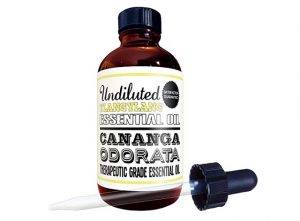 BUY NOW BUY NOW | 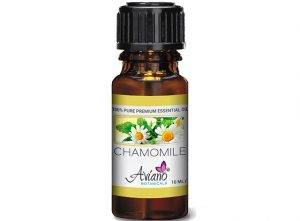 BUY NOW BUY NOW | 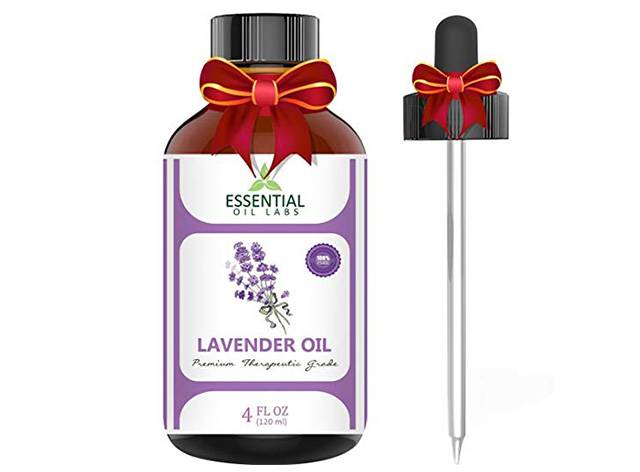 BUY NOW BUY NOW |
What could possibly be better than going to sleep while sniffing some relaxing essential oils that induce a state of calm as well as tingle the senses? Aromatherapy has many benefits, and sleep induction is just one of them. But do they really work?
Let’s consider ylang-ylang essential oils. Produces from the flower-bearing the same name, ylang-ylang oils have sedative effects that can reduce hypertension, which means the reduction of anxiety and stress, as well as relaxing the muscles to induce that before-bed feeling. While it’s not recommended to apply ylang-ylang oil directly on the skin, since the formula is very concentrated, it can be mixed with base oils made with sweet almonds or coconut.
It is no secret that chamomile tea has been used as a natural sleep aid for centuries. However, there is so much more you can do with chamomile. Believed to be one of the world’s most popular insomnia fighters, chamomile can now be enjoyed in the form of essential oil. Aside from being able to induce a state of calm, chamomile is believed to successfully reduces levels of stress and anxiety.
The lavender essential oil is also no stranger to the sleep aid business. Right alongside chamomile, lavender has been around to aid people in calming their state of mind and getting them into that slumber state. Compared to other types of essential oils, lavender can be applied directly on the skin, but it’s advisable to test your reaction with a smaller area before applying a larger amount. Some people prefer to add a few drops of lavender oil in the bathtub or in the diffuser, just before going to bed.
| Pros | Cons |
|
|
The Bottom Line
Sleep aids are always to be considered as a short-term solution, especially when taken in the form of medication. Whether it’s to help you sleep during menopause or you just need a good night’s rest after a run of sleepless nights, a sleep aid can be very beneficial. Choosing natural sleep aids and devices is sometimes a better choice, as long as they don’t trigger allergies or cause long-term discomfort. There are always additional measures that people can take in order to avoid having to use sleep aids altogether. Taking a warm bath before going to bed can help induce the state of calm needed before sleeping. Proper meals and avoiding food at least two hours before going to bed is also recommended, just as turning off your phone or your TV before going to bed.
Engaging in relaxing activities before snoozing can also go a long way. Instead of browsing the internet on your tablet, how about reading a good book? Avoid nose, freshen up the air inside the room and maybe even do a little exercise in the evening: these can all go a long way in helping you adjust your sleeping pattern and can help you sleep at just the right hour.

